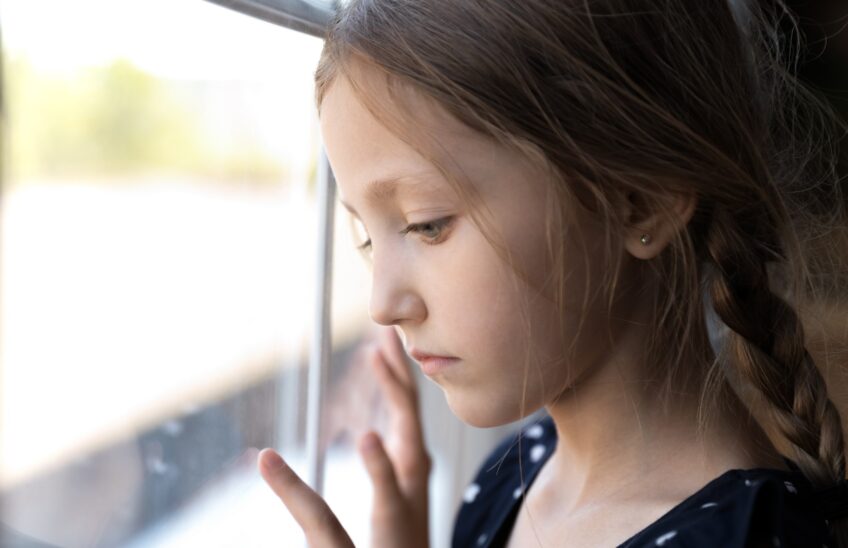In an ever-evolving world, where the narratives of young people are punctuated with challenges, pressures, and sometimes insurmountable obstacles, the significance of trauma and mental health in the school environment has never been more paramount. Amidst the academic pressures and the navigation of complex social landscapes, an unseen weight of trauma can potentially overshadow the pupil’s journey.
It’s this very journey, this shared human experience, that has driven humanutopia to remain at the heart of the educational community. For the past twenty years our teams have listened to young people pour their hearts out about the traumas they have faced in life and the struggles they subsequently cause. Witnessing these young people so bravely facing their fears and sharing their stories is truly shocking. Our groundbreaking and life-changing programmes have helped put trauma on the radars of many school leaders.
For those unfamiliar with the term, trauma is the emotional, psychological, and sometimes physical response to an event or series of events that are distressing, harmful, or frightening. Young individuals, with their developing emotional and cognitive faculties, can be particularly susceptible to trauma’s impacts. Whether it’s a singular event or a prolonged exposure to distressing circumstances, trauma can embed itself deeply, affecting a young person’s ability to think, learn, and connect with others. Their views on the world, on safety, and on their own self-worth can be dramatically reshaped.
Yet, amidst these challenges lies the indomitable spirit of resilience. At humanutopia, we’ve witnessed firsthand the transformative power of understanding, compassion, and mentorship. By delving deep into the human stories, the raw narratives of young lives, we’ve come to truly grasp the profound importance of addressing mental health in schools.
Understanding mental health, particularly in a school setting, is not just about responding to trauma or crisis. It’s about creating an environment where students feel seen, heard, and valued. It’s about recognising that mental well-being is as crucial as academic achievement. For, if a young mind is preoccupied with internal turmoil, how can it fully engage with the external world of learning?
Educational institutions stand at the crossroads of shaping the future. They are more than just places of academic instruction; they are nurturing grounds for the next generation. And, as we’ve learned at humanutopia through our immersive programmes and close engagements with students, when schools take proactive steps to weave understanding of trauma and mental health into their fabric, the results are nothing short of transformative. Students feel more connected, more hopeful, and more empowered to face their challenges.
The importance of understanding mental health in a school setting extends beyond the individual. It creates a ripple effect – a positive, holistic change that cascades through classrooms, corridors, and communities. Teachers, equipped with knowledge and empathy, become not just educators, but also pillars of support. Peers, once perhaps unaware or dismissive, become allies and confidants. And, as the entire school community shifts towards a trauma-informed approach, we pave the way for a brighter, more hopeful future for all.
It’s not just about addressing trauma; it’s about redefining what school means in the 21st century. We have been pioneering the way and together with schools embracing the journey, we are collectively writing a new chapter. One where every young person, regardless of their past or present, feels inspired to harness their potential and dream of a vibrant, purposeful future.
Over the next few editions, we aim to shed light, offer insights, and provide actionable steps to ensure that trauma and mental health aren’t just buzzwords, but integral, living components of our educational institutions. Together, we can and will make a difference.















